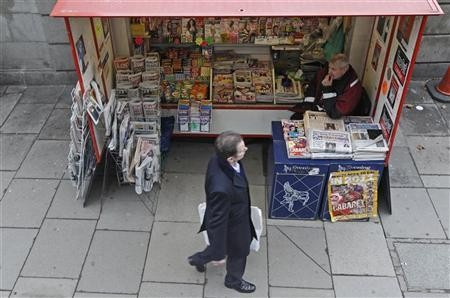UK's Lowest Earners Feel Tightening Pinch on Finances in February

Britain's poor got poorer in February as the squeeze on household finances gripped lowest income families tightest with living costs rising at their sharpest pace since September 2011, according to a new report.
Markit's Household Finance Index (HFI) held at 37.7 in February, considerably below the neutral 50 threshold between improvement and deterioration. The HFI is calculated from monthly surveys of 1,500 people.
Individuals from the lowest income category reported their sharpest fall in finances in 14 months, while the second from bottom category suffered their tightest month since the surveys began four years ago.
"There was no let-up in the squeeze on UK household finances during February, as higher living costs and muted wage trends combined to reduce cash availability at the fastest pace since mid-2012," said Tim Moore, Senior Economist at Markit and author of the report.
"Inflation expectations remain close to their highest since the survey began four years ago, echoing recent warnings from the Bank of England that price pressures will remain elevated in 2013.
"The lowest income households saw their financial situation move in an entirely different direction to the highest earners in February, and by a much greater degree than in recent years, according to the survey's main wellbeing indicators."
Just over 41 percent of respondents were pessimistic about their financial future, predicting a fall in incomes over the coming year.
Recent official data from the Office for National Statistics (ONS) revealed that, in real terms, Britons' earnings had fallen to the same level as a decade ago, after a prolonged period of stagnant wage growth and sticky, above-target inflation.
Bank of England forecasts suggest inflation will continue to evade the government's 2 percent target until at least 2016.
Separate research by the Chartered Institute for Personal Development and business consultancy KPMG showed that weak wage growth, as well as an expansion in temporary work, was helping to underpin employment levels in the UK economy.
Employment is set to increase in the first quarter, said the report.
© Copyright IBTimes 2025. All rights reserved.






















